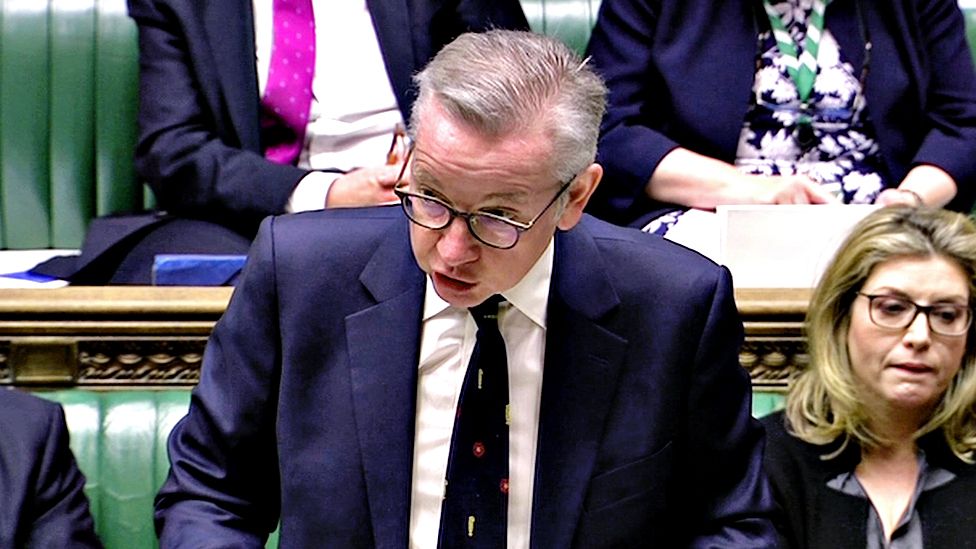The UK will endeavour to continue within a €100bn (£85bn) EU science programme after Brexit.
PM Boris Johnson gave the green light for the UK to negotiate its continued participation within the Horizon Europe research programme.
Horizon Europe provides funding to scientists, students and industry for research.
The news was revealed within a document setting out the government’s approach to negotiations with the EU.
The statement will come as a relief to research leaders, who feared that research collaboration would become a bargaining chip in general trade negotiations.
The President of the Royal Society, Prof Sir Venki Ramakrishnan has been influential in persuading the PM of the importance of making an early commitment to continue within Horizon Europe.
“We now need a quick start to negotiations and for the Treasury to use the Budget to recommit the funds that will make association possible,” he said.
The Nobel Prize winning scientist added that Europe’s current strength in science depended on continued collaboration with the UK.
“When I had to make a decision in 1971 of where to (do my research) from India, the centre of gravity of science and innovation was the US. However, the recent decades of close cooperation and collaboration, facilitated by continent-wide funding programmes, made Europe a global scientific powerhouse. Surely no one wants to throw that away.”
In a document setting out the government’s approach to negotiations with the EU, Mr Johnson stated that the UK would “consider” participating in Horizon Europe as well as other science and technology programmes. These include Euratom, for nuclear research and training, and Europe’s Earth Observation programme, Copernicus.
BBC News understands that there was unanimous backing in cabinet for the UK to seek the closest possible relationship with Horizon Europe.
But such an arrangement will depend on a decision by the EU. Allowing the UK to continue to participate in Horizon Europe would be in the EU’s interest, given the UK’s strength in research. But a future relationship would depend on how much Britain would be prepared to pay to participate.
There was a sceptical reaction on Twitter from a former Conservative science minister from the early 1990s, Ian Taylor on social media.
But a more recent science minister, Chris Skidmore MP, who was involved in drawing up the government’s approach to research collaboration with the EU, until he lost his post in the recent reshuffle, described Mr Johnson’s statement as an “encouraging first step” that demonstrated the UK’s desire to prioritise research in the upcoming negotiations.
“But we must push for full association membership, along the lines of the partnership that Israel has, and not think that third country participation (which is a looser, less influential association) would be sufficient,” he told BBC News.
Mr Skidmore added that he will be leading a campaign to push for full association membership.
“I hope the entire sector will join with me in ensuring that we associate as soon as is practically possible.”













![Hotstar Premium Cookies 2019 [*100% Working & Daily Updated*] Hotstar Premium Cookies 2019 [*100% Working & Daily Updated*]](https://tahav.com/wp-content/uploads/2019/11/Hotstar-Premium-Cookies-Free-100x70.jpg)



